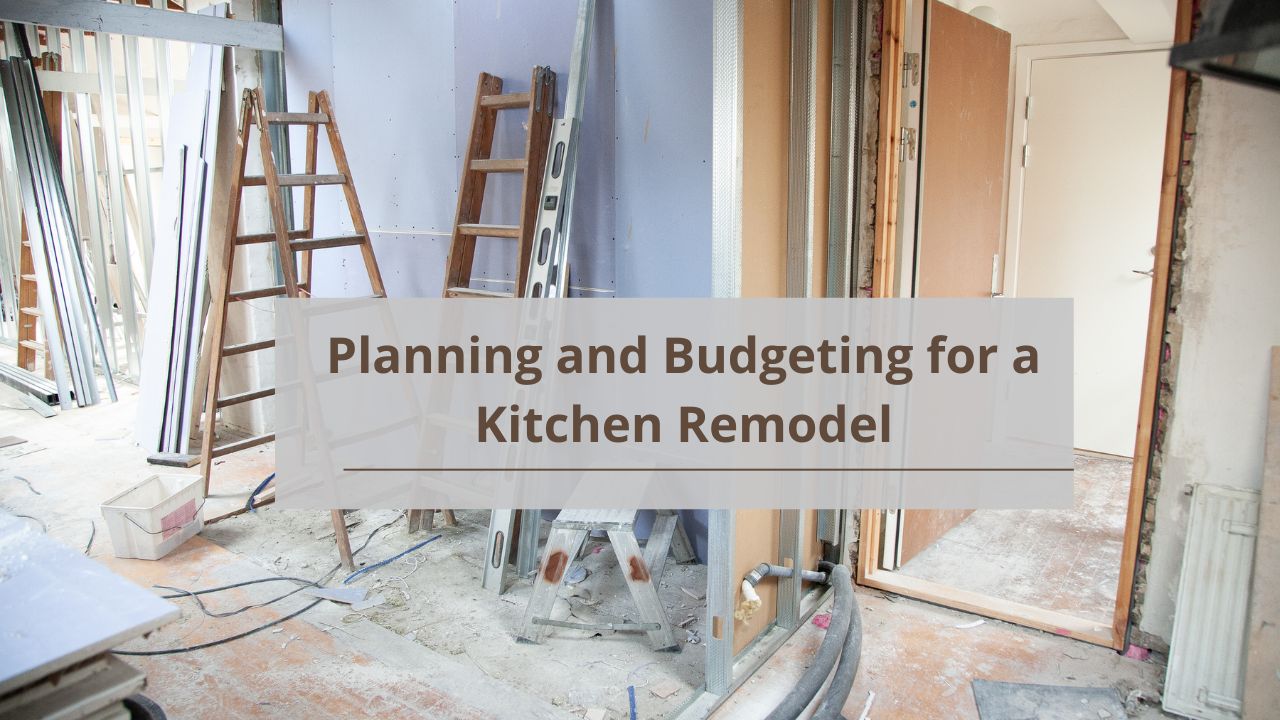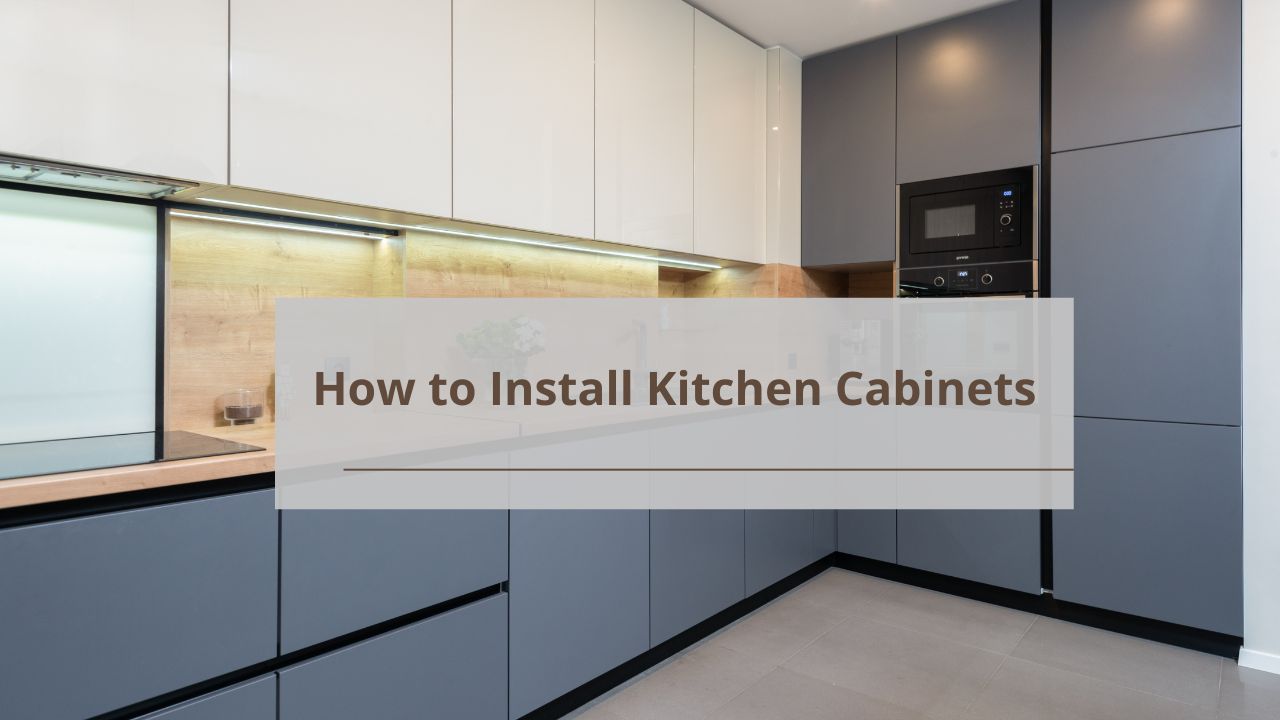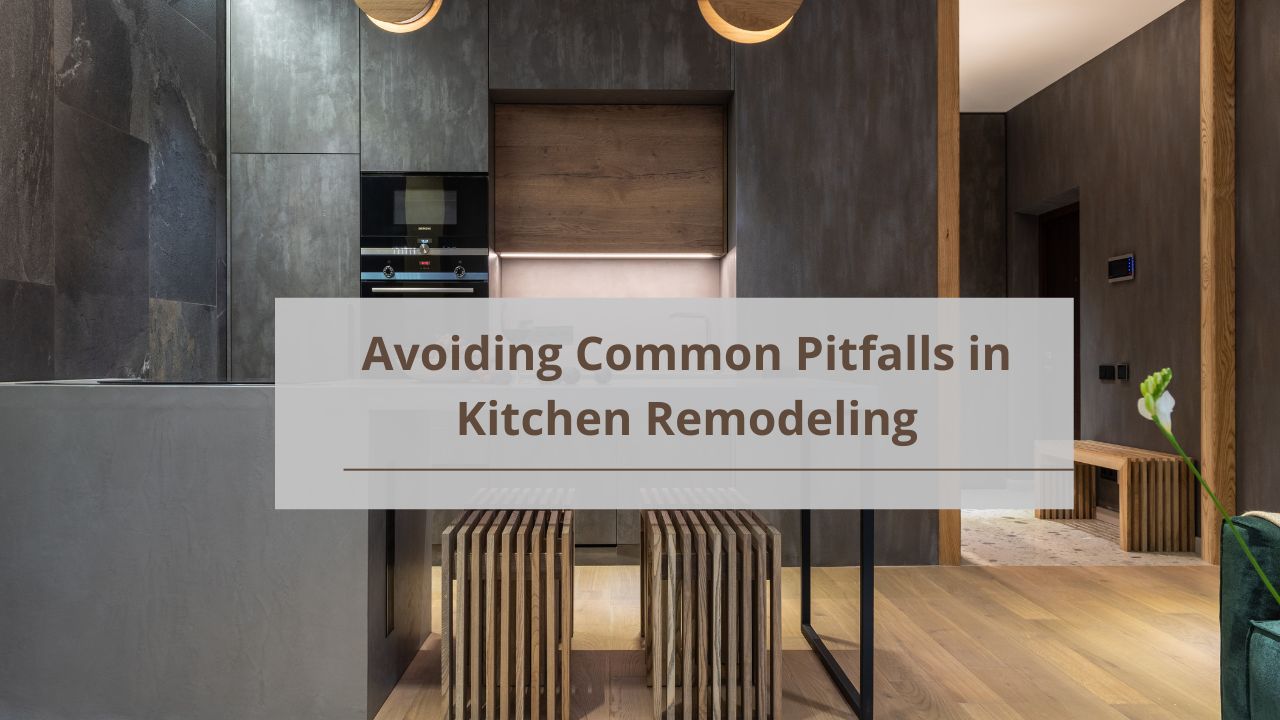Remodeling your kitchen can be a transformative project that enhances your home’s functionality and aesthetic appeal. However, a successful kitchen remodel requires careful planning and budgeting. By taking the time to properly plan and manage your remodel, you can avoid common pitfalls and ensure that your project meets both your needs and your financial constraints.
Assessing Your Current Kitchen
Before diving into a remodel, it’s essential to understand your starting point.
Evaluating Current Layout and Functionality
Take a close look at your existing kitchen layout. Assess how well it works for your daily activities and identify any functional issues, such as lack of counter space or inadequate storage.
Identifying Key Problems and Needs
List the specific problems you want to address and the features you wish to include. This might include upgrading appliances, adding an island, or improving lighting.
Setting Goals for the Remodel
Define clear goals for your remodel. Are you looking to enhance functionality, improve aesthetics, or increase the value of your home? Setting these goals will guide your design and budgeting decisions.
Setting a Realistic Budget
A well-defined budget is crucial for a successful remodel.
Determining Your Budget Range
Start by determining a realistic budget range for your remodel. Consider your financial situation and research typical costs for kitchen remodels in your area.
Allocating Budget for Different Components
Break down your budget into different components, such as cabinetry, countertops, flooring, and appliances. Allocate funds based on your priorities and the cost estimates you’ve gathered.
Including a Contingency Fund
Set aside a contingency fund (usually 10-15% of your total budget) to cover unexpected expenses that may arise during the remodel.
Designing Your New Kitchen
The design phase is where your vision begins to take shape.
Choosing a Style and Theme
Decide on the style and theme that best suits your preferences and complements the rest of your home. Options might include modern, traditional, rustic, or minimalist.
Selecting Materials and Finishes
Choose materials and finishes for cabinetry, countertops, flooring, and backsplashes. Consider durability, maintenance, and aesthetics when making your selections.
Creating a Layout Plan
Work on a layout plan that optimizes space and functionality. Consider traffic flow, work zones, and storage needs to create a functional and efficient kitchen.
Finding and Working with Professionals
Hiring the right professionals can make a significant difference in the outcome of your remodel.
Hiring a Designer or Architect
If your remodel involves significant changes or complex designs, consider hiring a designer or architect to help bring your vision to life. They can provide valuable insights and ensure that your design meets all requirements.
Selecting a Contractor
Choose a reputable contractor with experience in kitchen remodels. Check references, read reviews, and get multiple quotes before making your decision.
Communicating Your Vision
Clearly communicate your vision and expectations to both the designer and contractor. Provide them with your layout plans, budget constraints, and any specific requirements.
Estimating Costs
Accurate cost estimation is essential for staying within your budget.
Cost of Materials
Research the costs of materials you’ll be using, including cabinetry, countertops, flooring, and appliances. Get quotes from suppliers to ensure you have a realistic estimate.
Labor Costs
Labor costs can vary based on the complexity of the project and the rates of contractors in your area. Obtain detailed quotes and factor these into your overall budget.
Additional Expenses (Permits, etc.)
Include any additional expenses, such as permits, disposal fees, or inspections, in your budget. These costs can add up and should be accounted for to avoid surprises.
Managing Your Remodel Project
Effective project management is key to a successful remodel.
Timeline and Milestones
Establish a timeline for your remodel, including key milestones and deadlines. This will help you track progress and ensure that the project stays on schedule.
Monitoring Progress
Regularly check in on the progress of your remodel. Address any issues or delays promptly to keep the project on track.
Dealing with Unexpected Issues
Be prepared for unexpected issues that may arise during the remodel. Having a contingency plan and staying flexible can help you manage these challenges effectively.
DIY vs. Professional Work
Decide which tasks you can handle yourself and which ones require professional help.
Tasks You Can Do Yourself
Consider tackling smaller tasks, such as painting or installing a backsplash, yourself to save on labor costs. Ensure you have the necessary skills and tools before starting any DIY work.
When to Hire a Professional
For complex tasks, such as electrical or plumbing work, hire a professional to ensure the job is done correctly and safely.
Balancing Cost and Quality
Find a balance between DIY and professional work to achieve the best results while staying within budget. Investing in professional help for critical tasks can enhance the overall quality of your remodel.
Final Touches and Finishing
Complete your remodel with the final touches that bring your vision to life.
Adding Appliances and Fixtures
Install new appliances, fixtures, and hardware according to your design plan. Ensure everything is properly connected and functioning.
Decorating and Styling
Add decorative elements, such as curtains, rugs, and artwork, to personalize your kitchen and enhance its aesthetic appeal.
Final Inspection
Conduct a final inspection to ensure everything is in place and functioning correctly. Address any issues before considering the project complete.
Conclusion
Proper planning and budgeting are crucial for a successful kitchen remodel. By following these tips and managing your project carefully, you can achieve a kitchen that enhances both the functionality and beauty of your home. Enjoy the process and the results of your hard work!
FAQs
1. What should I include in my kitchen remodel budget?
Include costs for materials, labor, permits, and any additional expenses. Set aside a contingency fund for unexpected costs.
2. How can I determine if I need a designer or architect?
Consider hiring a designer or architect for complex designs or significant changes. Their expertise can help ensure a successful remodel.
3. What are common pitfalls in kitchen remodeling projects?
Common pitfalls include underestimating costs, poor planning, and inadequate communication with contractors. Avoid these by thorough planning and budgeting.
4. How can I keep my remodel on schedule and within budget?
Establish a clear timeline and budget, monitor progress regularly, and address issues promptly. Keep communication open with all parties involved.
5. Are there any cost-saving tips for a kitchen remodel?
Consider DIY tasks where possible, choose cost-effective materials, and get multiple quotes from contractors. Prioritize your spending on high-impact areas


